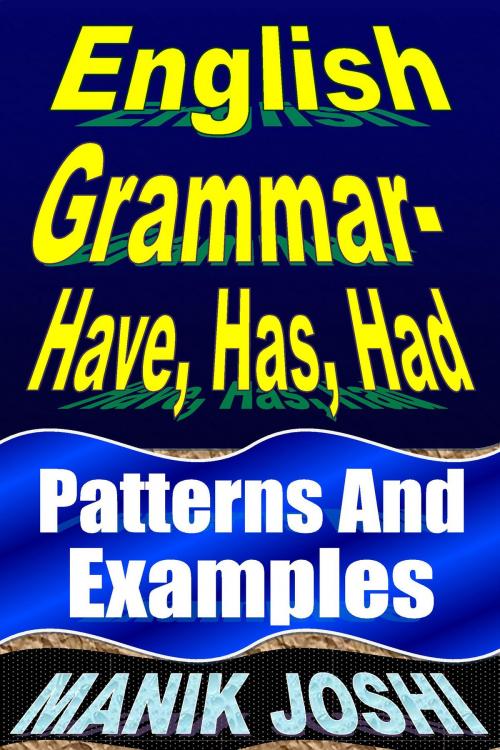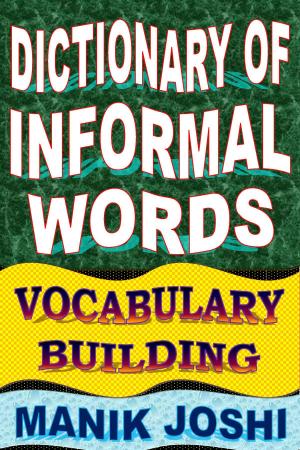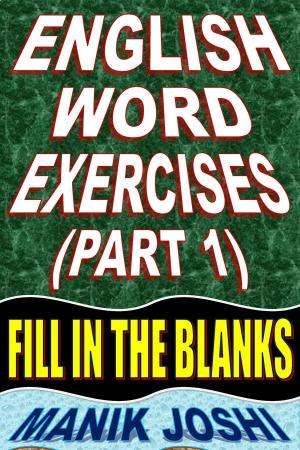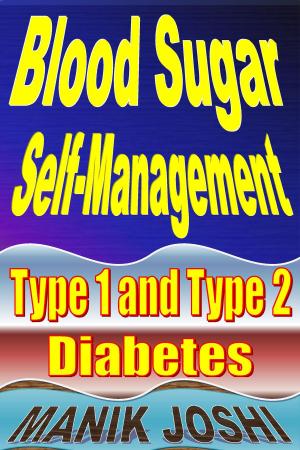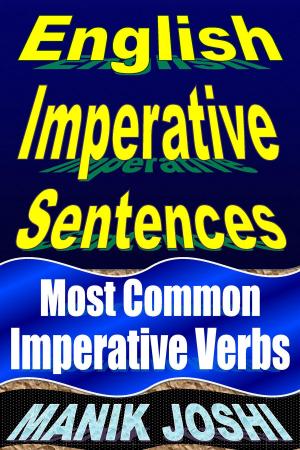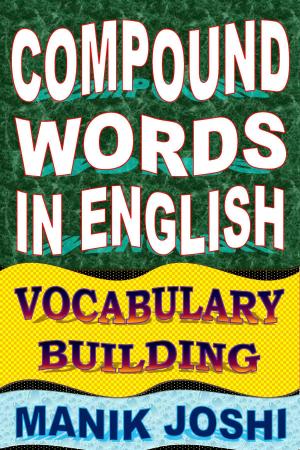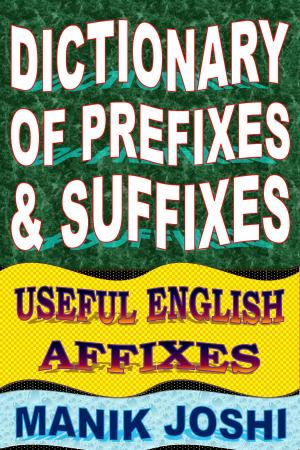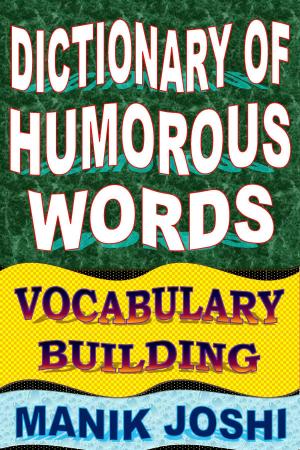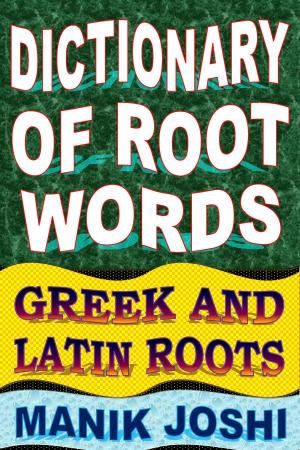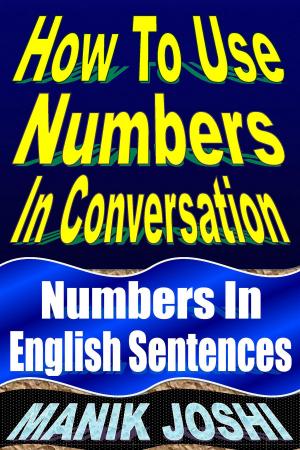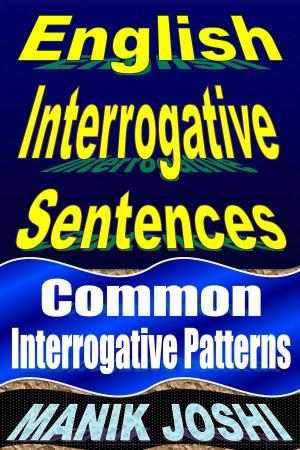English Grammar- Have, Has, Had: Patterns and Examples
Nonfiction, Reference & Language, Study Aids, ESL, Health & Well Being, Self Help, Self Improvement, Self-Esteem, Foreign Languages| Author: | Manik Joshi | ISBN: | 9781301126590 |
| Publisher: | Manik Joshi | Publication: | February 11, 2013 |
| Imprint: | Smashwords Edition | Language: | English |
| Author: | Manik Joshi |
| ISBN: | 9781301126590 |
| Publisher: | Manik Joshi |
| Publication: | February 11, 2013 |
| Imprint: | Smashwords Edition |
| Language: | English |
This Book Covers The Following Topics:
VERB – ‘HAVE’
PART (A). Ordinary Verb -- ‘HAVE’
PART (B). Auxiliary Verb -- ‘HAVE’
- Have/Has/Had + Third Form of Verb
- Have/Has/Had + Been + Third Form of Verb
- Have/Has/Had + Been + -ING Form of Verb
- Have/Has/Had + Been
- Have/Has/Had + Had
PART (C). Modal Verb -- ‘HAVE’
1A. [Have/Has + To + First Form of Verb]
1B. [Have/Has + To + Be + Third Form of Verb]
2A. [Had + To + First Form of Verb]
2B. [Had + To + Be + Third Form of Verb]
3A. [Have/Has + Had + To + First Form of Verb]
3B. [Have/Has + Had + To + Be + Third Form of Verb]
4A. [Had + Had + To + First Form of Verb]
4B. [Had + Had + To + Be + Third Form of Verb]
5A. [Having + To + First Form of Verb]
5B. [To + Have + To + First Form of Verb]
Exercises: 1(A) and 1(B)
Exercises: 2(A) and 2(B)
Exercises: 3(A) to 3(C)
Sample This:
VERB – ‘HAVE’
Verb ‘HAVE’ is used as an AUXILIARY VERB as well as a MAIN (ORDINARY) VERB. It also does function of ‘MODAL VERB’.
MAIN VERB: When used as main verb, verb ‘have’ is followed by an object.
AUXILIARY VERB: When used as an auxiliary verb, it forms the perfect and perfect continuous tenses. [Note: ‘Auxiliary verb’ is a verb which is used with main verb to show tenses, etc.]
MODAL VERB: ‘Modal verb’ is a verb that is used with main verb to express intention, permission, possibility, probability, obligation, etc. Following patterns are possible: “have to, has to, had to, have had to, has had to, had had to, having to”
FORMS OF VERB ‘HAVE’:
Present form – Have or Has
Past form – Had
Past Participle form – Had
IMPORTANT POINTS ABOUT VERB ‘HAVE’
‘Have’ Is Used With Subject ‘I, We, You and They’ + All Plural Subjects
‘Has’ Is Used With Subject ‘He and She’ + All Singular Subjects
‘Had’ Is Used With All Subjects (Singular or Plural)
USE OF ‘HAVE GOT’
In some senses, you can also use ‘have got’.
‘have got’ is especially used in ‘British English’.
She has got a loose temper. (= She has a loose temper.)
I have got a backache. (= I have a backache.)
He has got a management degree (= He has a management degree.)
PART (A). Ordinary Verb -- ‘HAVE’
As a Main Verb, ‘Have’ is used to express different kinds of thoughts: Some of them are as follows: to possess, to own, to show a quality, to show a feature, to suffer from illness, to perform a particular action, to produce a particular effect, to trick, to cheat, to hold, to experience, to receive, to allow, to put in a position, etc.
When used as main verb, ‘have’ is followed by an object.
I have an American passport.
He has an American passport.
She had an American passport.
Negative Forms Of Main Verb ‘Have’:
Have – Do not have (Don’t have)
Has – Does not have (Doesn’t have)
Had – Did not have (Didn’t have)
I don’t have an American passport.
He doesn’t have an American passport.
She didn’t have an American passport.
NOTE– Instead of using do/does/did, you can also use modal verbs (may, can, must, should, etc.) in negative sentences to show possibility, intention, obligation, etc.
I may not have an American passport.
He may not have an American passport.
She may not have an American passport.
You can also use ‘Never have/Never has/Never had’ to emphasize negative statements.
I never have my breakfast at 7 am.
This park never has any trace of greenery.
We never had the guts to question him.
Interrogative Patterns Of Main Verb ‘Have’:
Have – Do + Subject + Have
Has – Does + Subject + Have
Had – Did + Subject + Have
Do I have an American passport?
Does he have an American passport?
Did she have an American passport?
NOTE– Instead of using do/does/did, you can also use modal verbs (may, can, must, should, etc.) in interrogative sentences to show possibility, intention, obligation, etc.
Can I have an American passport?
Can he have an American passport?
Can she have an American passport?
This Book Covers The Following Topics:
VERB – ‘HAVE’
PART (A). Ordinary Verb -- ‘HAVE’
PART (B). Auxiliary Verb -- ‘HAVE’
- Have/Has/Had + Third Form of Verb
- Have/Has/Had + Been + Third Form of Verb
- Have/Has/Had + Been + -ING Form of Verb
- Have/Has/Had + Been
- Have/Has/Had + Had
PART (C). Modal Verb -- ‘HAVE’
1A. [Have/Has + To + First Form of Verb]
1B. [Have/Has + To + Be + Third Form of Verb]
2A. [Had + To + First Form of Verb]
2B. [Had + To + Be + Third Form of Verb]
3A. [Have/Has + Had + To + First Form of Verb]
3B. [Have/Has + Had + To + Be + Third Form of Verb]
4A. [Had + Had + To + First Form of Verb]
4B. [Had + Had + To + Be + Third Form of Verb]
5A. [Having + To + First Form of Verb]
5B. [To + Have + To + First Form of Verb]
Exercises: 1(A) and 1(B)
Exercises: 2(A) and 2(B)
Exercises: 3(A) to 3(C)
Sample This:
VERB – ‘HAVE’
Verb ‘HAVE’ is used as an AUXILIARY VERB as well as a MAIN (ORDINARY) VERB. It also does function of ‘MODAL VERB’.
MAIN VERB: When used as main verb, verb ‘have’ is followed by an object.
AUXILIARY VERB: When used as an auxiliary verb, it forms the perfect and perfect continuous tenses. [Note: ‘Auxiliary verb’ is a verb which is used with main verb to show tenses, etc.]
MODAL VERB: ‘Modal verb’ is a verb that is used with main verb to express intention, permission, possibility, probability, obligation, etc. Following patterns are possible: “have to, has to, had to, have had to, has had to, had had to, having to”
FORMS OF VERB ‘HAVE’:
Present form – Have or Has
Past form – Had
Past Participle form – Had
IMPORTANT POINTS ABOUT VERB ‘HAVE’
‘Have’ Is Used With Subject ‘I, We, You and They’ + All Plural Subjects
‘Has’ Is Used With Subject ‘He and She’ + All Singular Subjects
‘Had’ Is Used With All Subjects (Singular or Plural)
USE OF ‘HAVE GOT’
In some senses, you can also use ‘have got’.
‘have got’ is especially used in ‘British English’.
She has got a loose temper. (= She has a loose temper.)
I have got a backache. (= I have a backache.)
He has got a management degree (= He has a management degree.)
PART (A). Ordinary Verb -- ‘HAVE’
As a Main Verb, ‘Have’ is used to express different kinds of thoughts: Some of them are as follows: to possess, to own, to show a quality, to show a feature, to suffer from illness, to perform a particular action, to produce a particular effect, to trick, to cheat, to hold, to experience, to receive, to allow, to put in a position, etc.
When used as main verb, ‘have’ is followed by an object.
I have an American passport.
He has an American passport.
She had an American passport.
Negative Forms Of Main Verb ‘Have’:
Have – Do not have (Don’t have)
Has – Does not have (Doesn’t have)
Had – Did not have (Didn’t have)
I don’t have an American passport.
He doesn’t have an American passport.
She didn’t have an American passport.
NOTE– Instead of using do/does/did, you can also use modal verbs (may, can, must, should, etc.) in negative sentences to show possibility, intention, obligation, etc.
I may not have an American passport.
He may not have an American passport.
She may not have an American passport.
You can also use ‘Never have/Never has/Never had’ to emphasize negative statements.
I never have my breakfast at 7 am.
This park never has any trace of greenery.
We never had the guts to question him.
Interrogative Patterns Of Main Verb ‘Have’:
Have – Do + Subject + Have
Has – Does + Subject + Have
Had – Did + Subject + Have
Do I have an American passport?
Does he have an American passport?
Did she have an American passport?
NOTE– Instead of using do/does/did, you can also use modal verbs (may, can, must, should, etc.) in interrogative sentences to show possibility, intention, obligation, etc.
Can I have an American passport?
Can he have an American passport?
Can she have an American passport?
